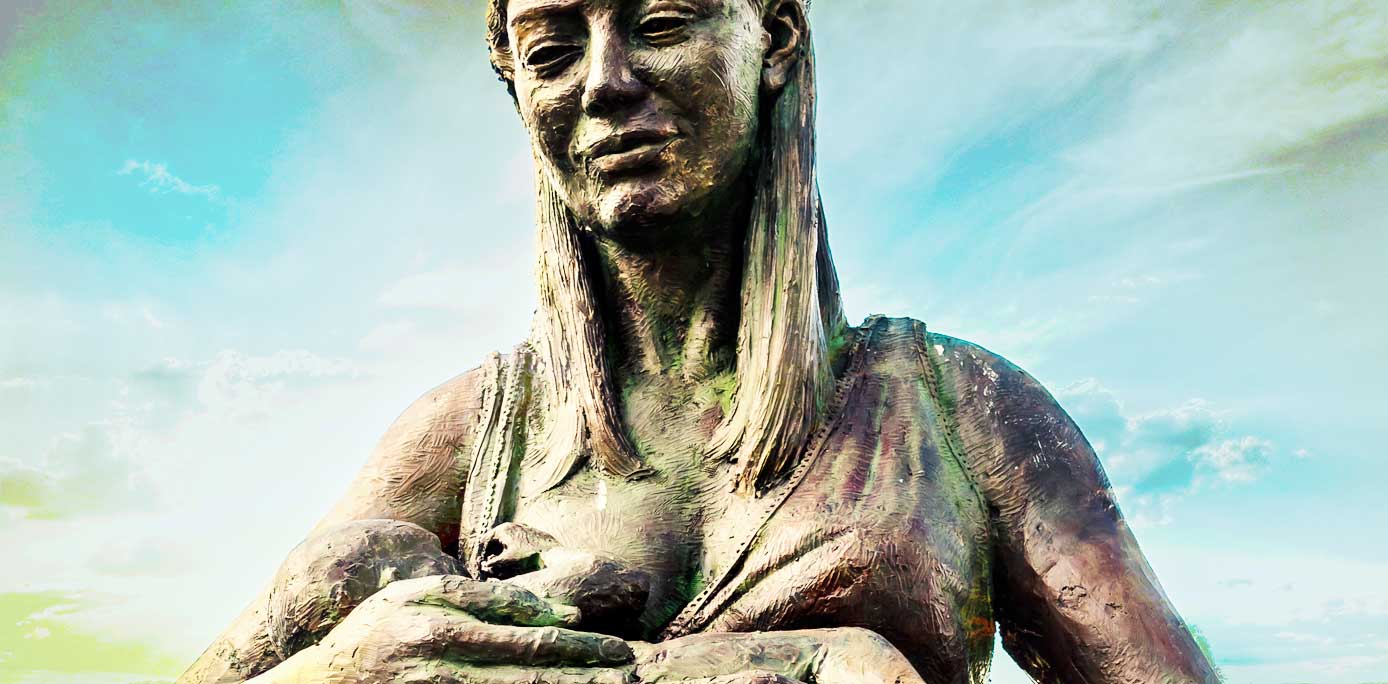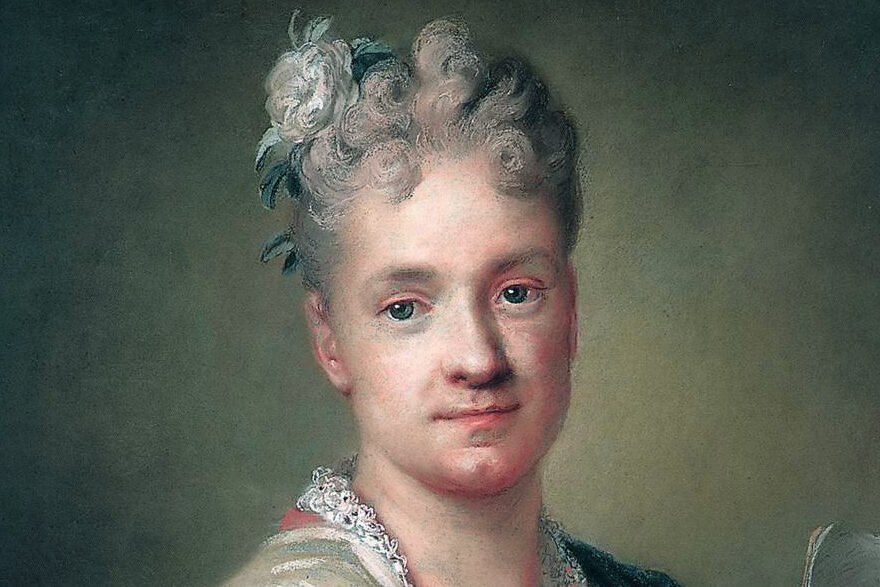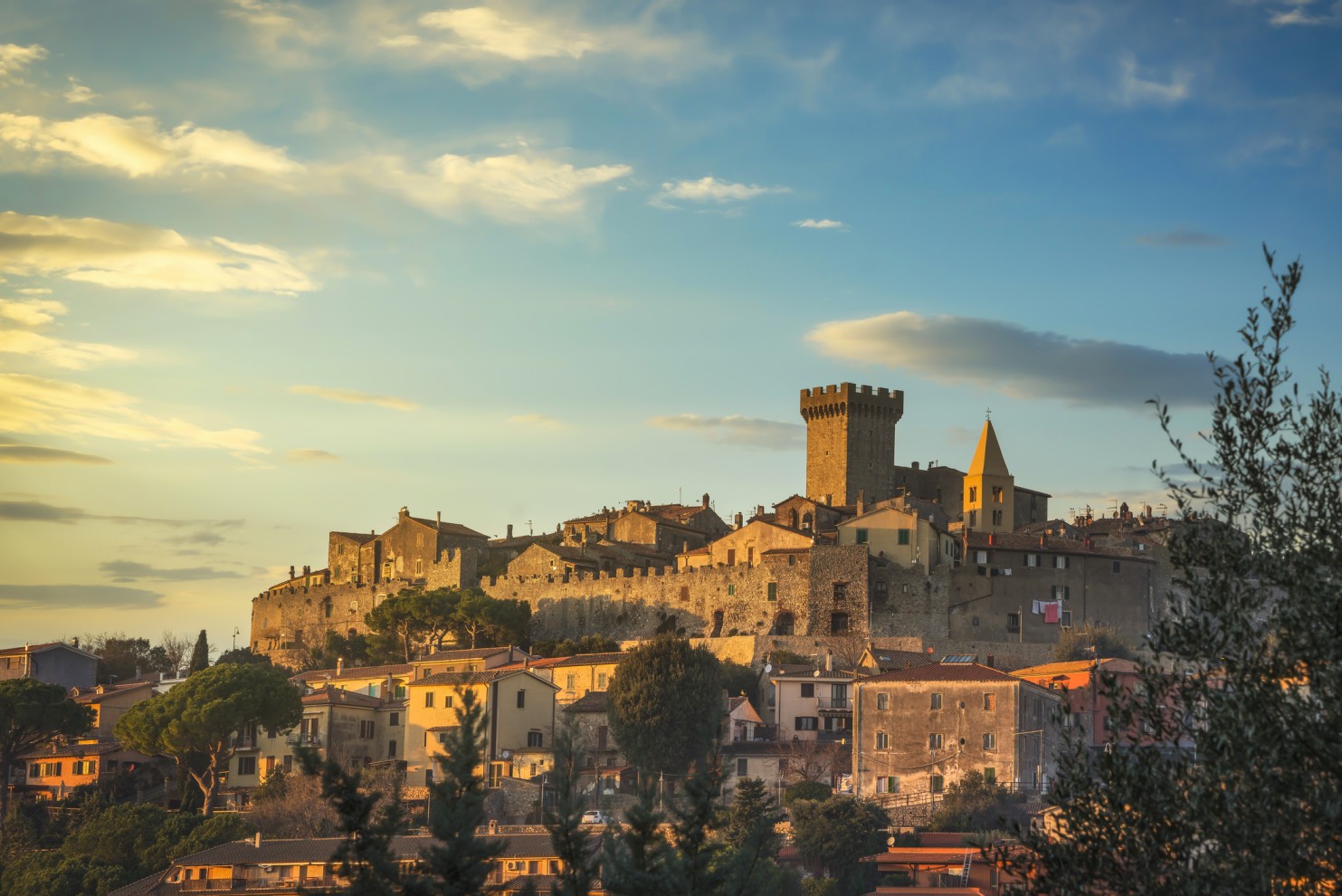“Where have you gone, Joe DiMaggio? A nation turns its lonely eyes to you,” Simon and Garfunkel sang in their 1960s song Mrs. Robinson.
Baseball legend Joe DiMaggio was a cultural icon in the ’50s and ’60s, a time when sport allowed people to escape their everyday drudgery and dream, for a moment, of greater things. He was a hero full of grace, elegance and dignity. “There was a majesty in his swing, and a self-assured confidence in his style and conduct that was uniquely Joe DiMaggio’s,” said Ernest Hemingway.
“Joltin’ Joe” embodied the values of the exceptional American – his code of behavior, sense of duty and moral stamina – continuing to play in pain all through the 1951 season before retiring from the game of baseball.
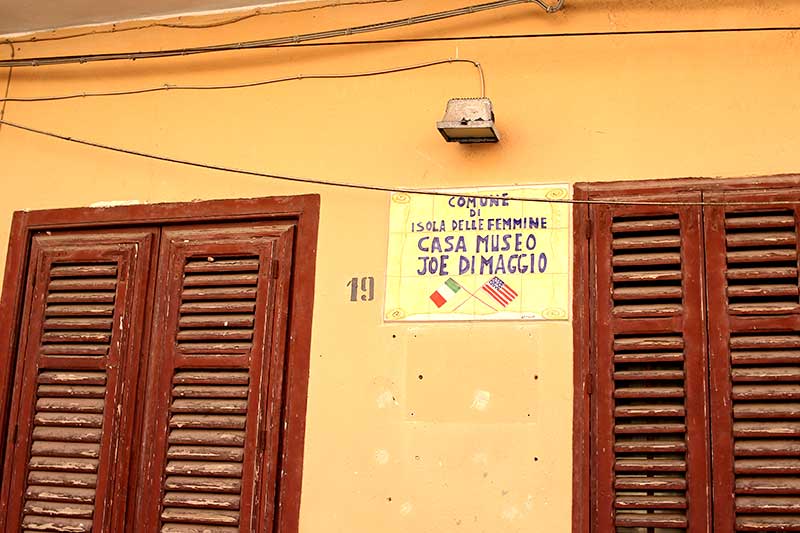
A plaque shows the Di Maggio house. Photo credit Maurizio Ignilleri
It was said that he still grieved for his former wife Marilyn Monroe and sent red roses to her grave every week.
The Yankee Clipper died 20 years ago: he is greatly missed, but his spirit lives on. Surely it does in Isola delle Femmine, a Sicilian fishing village just a 15-minute drive from Palermo where Joe certainly made an impact on the community of about 7,000 residents. Its blue ocean, sandy beaches and cliffs are permeated with his spirit.
The home of Joe’s parents sits on an ancient street named Via Cutino. A commemorative blue plaque marks the house where they lived for their first five years of marriage. Giuseppe DiMaggio and Rosalia Mercurio married on a cold day in December 1897 in the beautiful Mother Church dedicated to the Virgin Mary of the Graces. The shrine was built with the savings of fishermen.
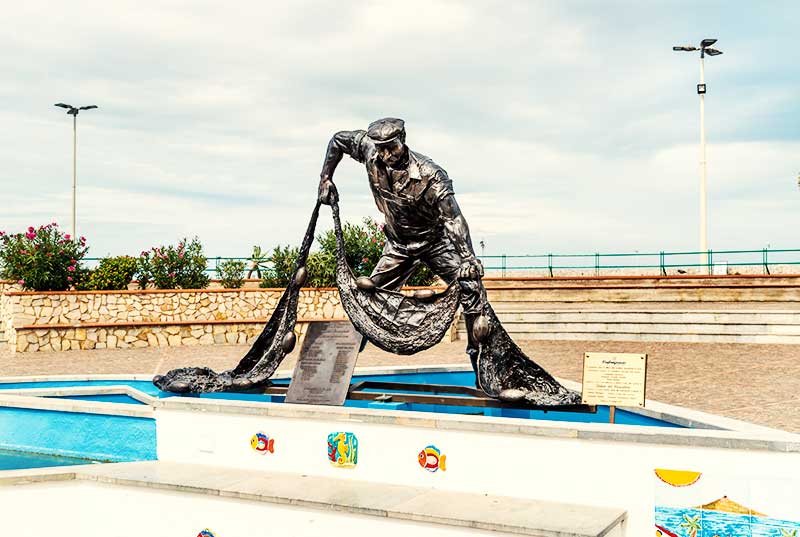
Statue of the Fisherman on the Pittsburg square in the center of Island of Women, Sicily © Ellesi | Dreamstime.com
“We cherish the marriage certificate of Joe DiMaggio’s parents,” says Giuseppe Rubino, president of the Isola delle Femmine Pro Loco, a grassroots organization that promotes the village. Isola delle Femmine, which translates as “island of women,” includes a privately-owned baby isle off the coast. The name derived from a legend of 13 Turkish maidens who ended up on the islet after being banished from their families. Here, they lived happily.
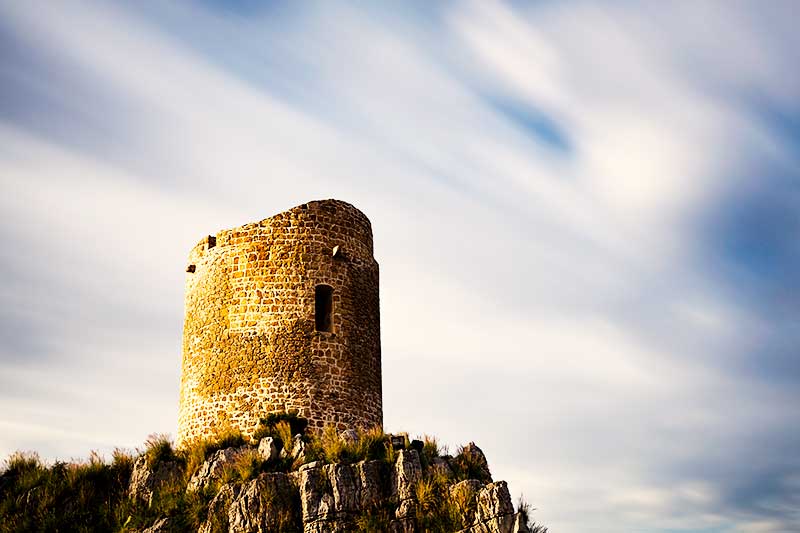
Archaelogical site on the islet off the village © Ian Good | Dreamstime.com
Giuseppe, Joe’s father, was a fisherman who toiled all night at sea. He developed patience and persistence in Isola delle Femmine, and the same can be said for his wife Rosalia, who repaired fishing nets. After five years of marriage, they fled to California. “Only their daughter Adriana was born here,” says Rubino. The other eight children, including Joseph Paul DiMaggio, were all born in Martinez, California.
Mr. Rubino shares kind words about Joe’s legendary life. “We were so proud of the champion and the man,” he says. “He came to visit us in 1955. There is a photo of him with former Mayor Antonio Di Maggio. The last name Di Maggio is common here.”
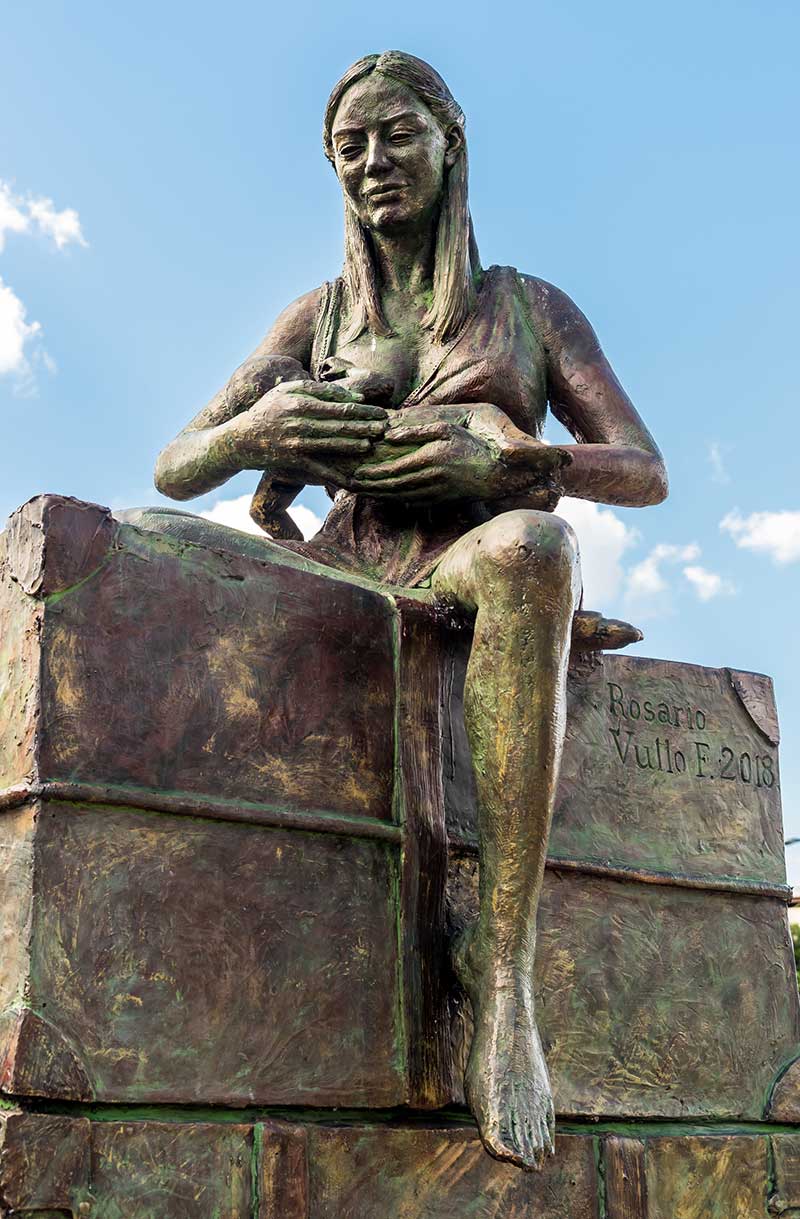
Bronze monument to the Emigrant, a woman who nurses the child, by Rosario Vullo, located in the park of the Isola delle Femmine © Ellesi | Dreamstime.com
Today, the DiMaggio’s family house at Via Cutino is empty. Nobody lives there — the last Italian relative Baldassare has passed away. The windows’ shutters are sealed. Although the light is shining outside, it cannot illuminate the house. “The current owner is the Cardinale family related to actress Claudia Cardinale,” says Rubino. “Her father was from here too.”
Rumor has it that the Cardinale family is planning to turn the old residence into a B&B. “If that is the case, I hope they will create something special, worthy of the name of Joe DiMaggio, with even a small museum dedicated to his memory,” he says.
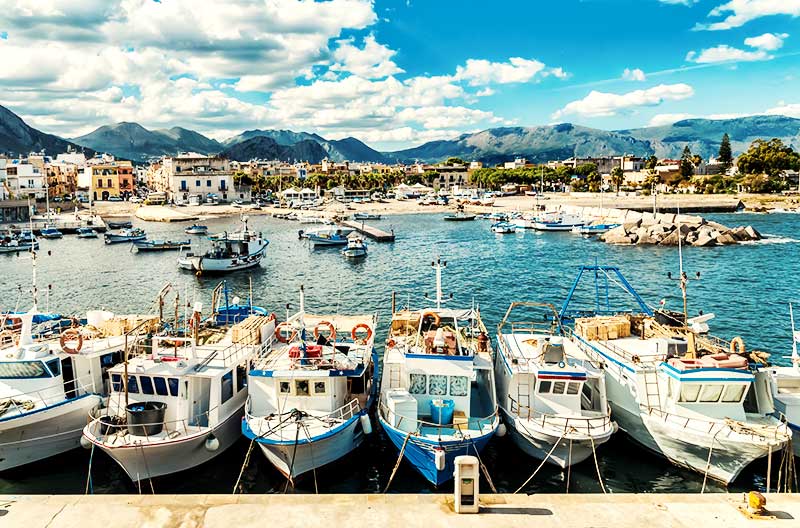
A view of Isola delle Femmine, the Sicilian hamlet the Di Maggio family hailed from © Ellesi | Dreamstime.com
Isola delle Femmine is a good base to explore the Palermo and Trapani areas. It is only a 10-minute drive from Palermo’s Falcone-Borsellino airport. But the place has its own picturesque beauty, as represented by the oval-shaped, pristine and wild isolotto, part of a nationally protected park known for its ecology of rare plants. Unique marine species live in its waters. It has a 16th-century tower and ancient Hellenistic and Roman stone and lime mortar basins once used to prepare a fermented fish sauce dubbed garum.
The islet has been put up for sale with an asking price of 2 million euros. The owners are descendants of 19th century Count Rosolino Pio of Capaci. “The purchase of the island is a unique opportunity for some looking for a ‘trophy asset’ for private use or simply an act of preservation of something really unique,” reads the advertisement by a real estate agency in Arezzo. “A re-style could turn it into an exclusive private residence or a lavish venue for celebrations and business events.”
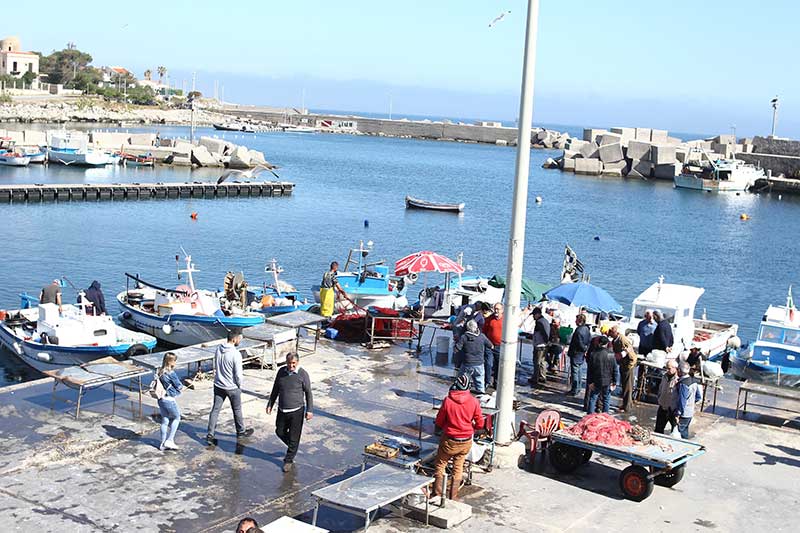
Isola delle Femmine è un piccolo borgo di pescatori non lontano da Palermo. Photo credit Maurizio Ignilleri
But the problem is that a buyer would not be permitted to build a house. “It is extremely unlikely you would get planning permission,” points out Mr. Rubino. “As our mayor said, the buyer cannot do anything. He will only be able to look at the isolotto with admiration and that’s it.”
“We don’t want the islet to be sold. It is the symbol of our village,” he says.
Another symbol of Isola is a statue of the Madonna delle Grazie. She is taken out of the Mother Church for procession on July 2. She has a new golden mantle, a gift of devotion from the faithful community.
There is also a community of Isolani in Pittsburg. “Our American brothers gave us a statue of a fisherman that sits in the middle of Piazza Pittsburg.”
